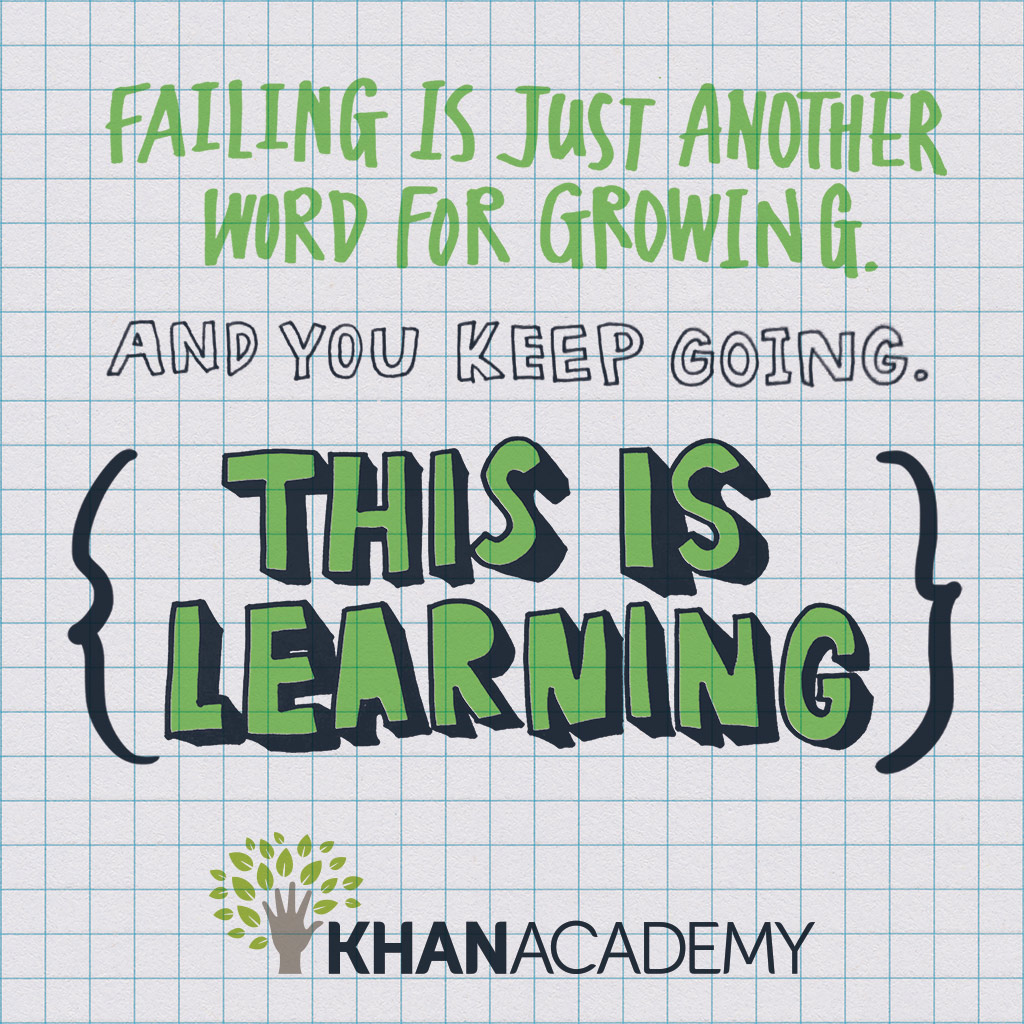This past Friday I shared with my students one of my favorite blogs entitled, “What Students Really Need to Hear.” Written by Chase Mielke, a previous Michigan Teacher of the Year nominee, Mielke shares his innermost thoughts about what he wishes students knew about school and learning. It is an entry I could have easily written myself – and certainly one of my favorite pieces to share with my students.
When I asked my students why they thought I shared this blog entry with them, here’s what students had to say:
- to encourage us to not give up, to work harder, and to show us that it’ll be worth it – M.J. (1)
- so we can get motivated to do more in school – H.M. (1)
- because you care for us and want the best for us – R.M. (3)
- because you want to show us that you care – E.Z. (3)
- to open our eyes more about the real world and to point out the fact that teachers are helping us for the benefit of our future – R.A. (2)
- to show us that school is not only about learning lessons, but also about challenging yourself and preparing us for the harshness of life – K.J. (2)
Of course, in English- teacher fashion, I asked students to:
- annotate (talk-to-the-text)
- examine author’s purpose
- connect with the text
- examine point-of-view/perspective
- examine words in context
- cite evidence from the text
- examine author’s craft (call to action)
- complete a rhetorical analysis of the effectiveness of the author’s claim
However, since being reflective has always been part of our practice in LA3, I also then asked students this question, “What would it take for you to take (more) ownership of your learning? What does “ownership of your learning” mean to you? Explain.”
Students responded by saying:
- Ownership to learning is putting in that extra work or being persistence towards your education. You just have to be responsible and take responsibility for your learning. – C.N. (2)
- To me ownership of my learning means to take a stand and own up to the mistakes that I’m making, mistakes which are preventing me from learning. – M.K. (2)
- Ownership of good learning is no more excuses. Reflect, observe, pay attention and LEARN. Learning is key and must be taken seriously. – R.B. (3)
- To take ownership of your learning is to not have people tell you to do your work, you do it yourself without getting told to. – T.R. (3)
- “Ownership of your learning” means holding yourself responsible for the work you do and your attitude in class. – A.A. (1)
- My ownership of learning is to give my all because at the end of the day, it is gonna pay off. – N.A. (1)
After all that *whew* students were given the opportunity to write their own entry, “What Teachers Really Need to Hear” – here is what students wish teachers knew …
Students wish their teachers knew that:
- they really do care about how they do in school
- not all teachers care about them and it makes it hard to learn when they don’t care
- take their phones – they need help to stay focused
- they wish they could focus on learning, but the stress of keeping their grades is sometimes what causes them to take short-cuts (like giving up, cheating, copying, or not even trying)
- school is VERY different from how it was “back then”
As students prepare to embark on a new semester, it is important for students and teachers alike to take a step back and focus on the big picture – and that is, ultimately, preparing our students to be successful for their lives beyond high school. It takes a village – but together, we can make it happen.
Yours in education,
Ms. Sabbagh


